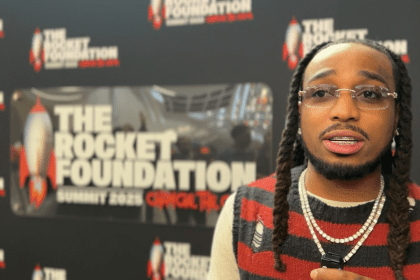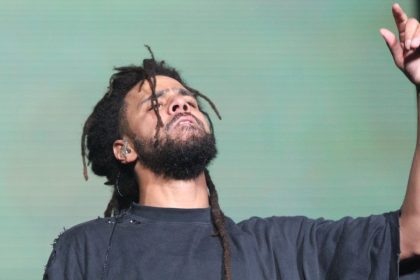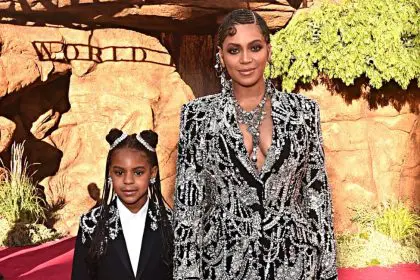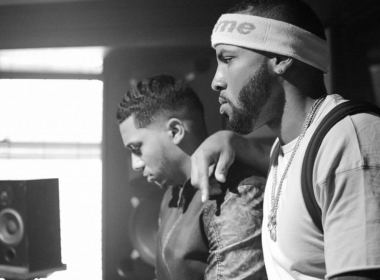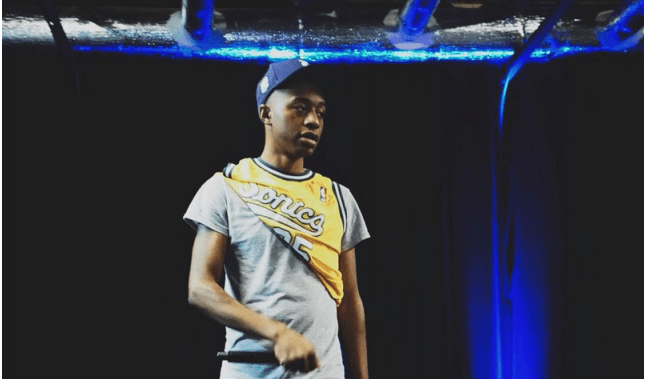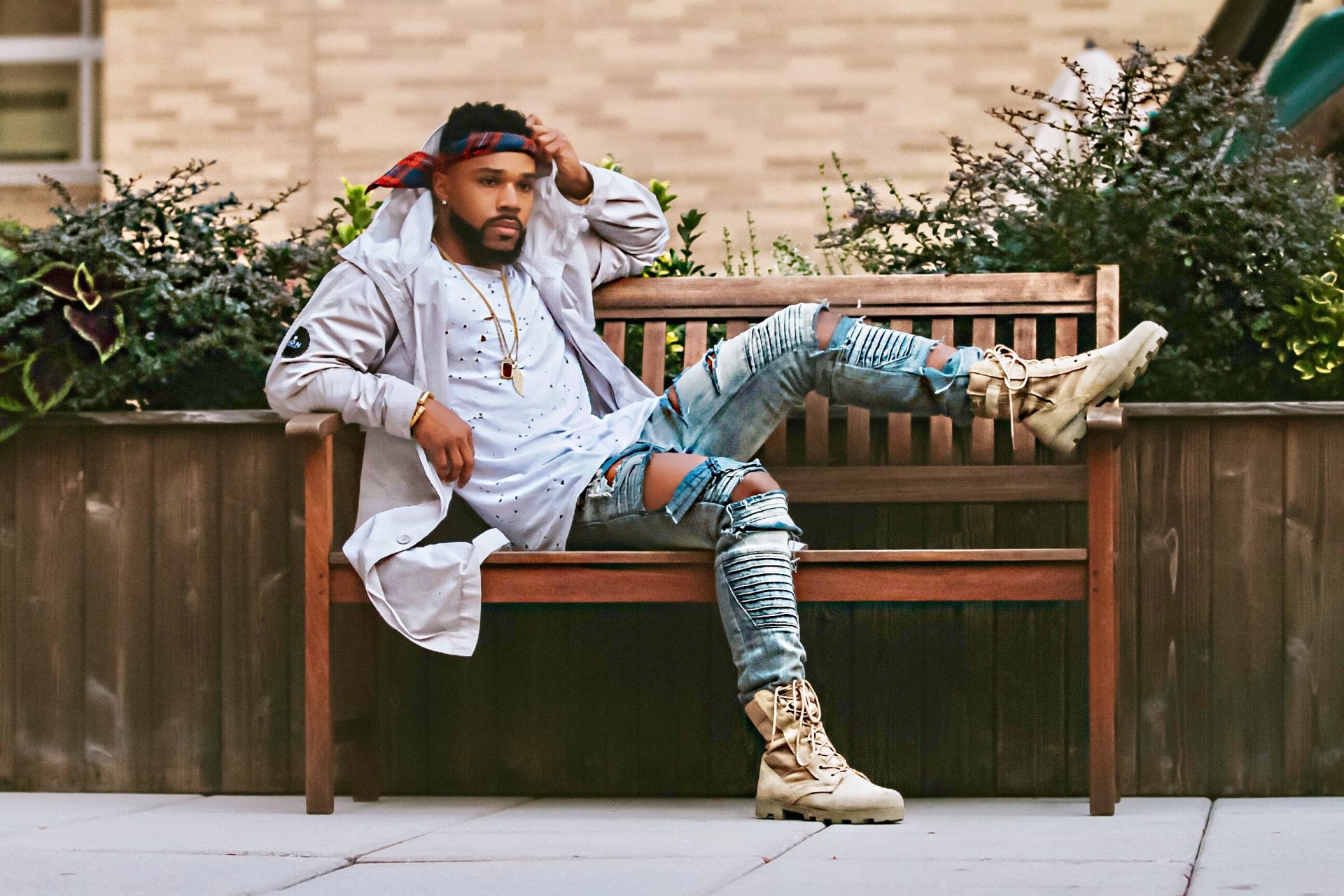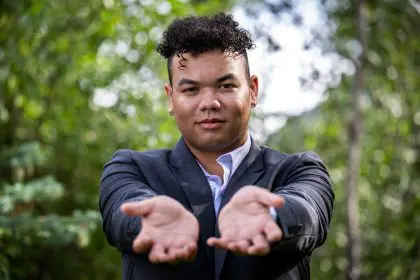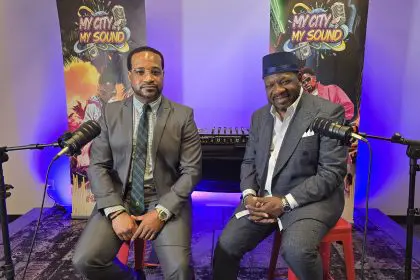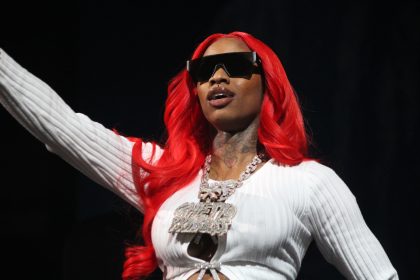
Multitalented pianist Clayton Stephenson is setting the bar high for young musicians to follow. The New York native’s gift for composing classical music was discovered when he was eight-years-old. He’s been recognized nationally with countless accolades ever since.
Stephenson was a finalist in the 2016 Cooper International Piano Competition, the proud recipient of the Jury Discretionary Award at the 2015 Van Cliburn International Junior Piano Competition, the Jack Kent Cooke scholarship and Young Scholars of the Lang Lang International Music Foundation.
The talented musician has also had the pleasure of performing for the Louis Vuitton Foundation in Paris, the Morningside Music Bridge Festival in Canada, Weill Recital Hall at Carnegie Hall, the Midwest Young Artists Symphony at the Ravinia Festival, Chicago & Millennium Park Pritzker Pavilion and more.
Stephenson mentions his most monumental accomplish is his acceptance into his dream school. “I made history as the first African American pianist to get into Juilliard pre-college and the first person to transition from the Juilliard Music Advancement Program (MAP) program directly to the Juilliard pre-college program so that was a very big statement for me,” he says. Stephenson was admitted at the age of 10.
He is currently rehearsing rigorously to perform for a third consecutive year at the prestigious Chicago Sinfonietta for its new season of ‘Unhinged’ piano virtuosos September 17 to 19, 2016 at the historic Symphony Center.
What is the most exciting part about playing this piece?
Well, it’s difference from a lot of the other pieces you might play at a classical concert. It’s, of course, Gershwin, so it’s a little bit jazzy. Also, the variations make it very interesting because you have a lot of different characteristics to bring out in the performance.
How do you spend your day? How often do you practice piano?
I think for me, my day-to-day is very busy. I start my day with school just like everyone else then I go until the afternoon. Afterward, I will practice for about three hours. I commute one hour each way to go to school. I go to Dalton, which is a very rigorous private school. When I go home, if I have any time remaining I will try to relax a little bit for 30 minutes after doing homework.
Do you have free time to spare on the weekends?
Well, for weekends, I go to the Juilliard Pre-College division so that takes up my entire Saturday. I go all the way from nine in the morning to about seven o’clock at night completely for music.
Have you created any of your own music?
I have, but not too much. As you see, I don’t have that much time to do a lot of different things but I think for me classical music is almost like creating your own music because even though everybody is playing the same thing over again what is so special about it is that you have to add your own little touch to make it different. For me, it’s kind of like you are the composer creating that piece.
What inspires and motivates to keep going because you have a really aggressive schedule?
The first person who really inspired me when I was very young was Lang Lang. He was doing a book signing at Juilliard and when I went there he seemed to make piano so much fun instead of like a chore to do which a lot of people regard it as. I think I kind of took the idea from him and I started to think of the piano as something that I had to work hard on but something that I could look forward to and enjoy.
How has your mother helped you with pursuing your passion?
My mom, I can say she is like the general. She schedules everything and scouts out the information needed before we go somewhere or go to a performance. I am kind of like the doer. I practice the piano and go to school. I try to get everything as good as possible. My mom is really the one who is planning everything.
Where do you see yourself in the next five years?
In the next five years, I really want to be a well-rounded pianist especially with going to Dalton and Juilliard. I feel academics and arts both coincide and help each other. I don’t want to focus just on piano and not anything else. I want to learn a wide variety of skills which can help advance my piano, But, also enhance my music. So, I can think better and use that to know how to practice well and just have a greater intellect.
Is there any piece that you can’t play or have a goal to learn?
For now, I have to say that my technique isn’t as great as I want it to be. Yes, there are some technical pieces that I can’t play. One of them is Stravinsky’s “Petrushka.” That one is based on his ballet and is very hard because it is technically difficult even though it sounds easy. I like it but I think I’ll have to wait a few years before I can play it.
What made you want to play the piano at a young age?
My dad bought a lot of piano related things so I naturally gravitated toward the piano. It was so interesting because it can imitate all different types of instruments and it’s so grand as well. I didn’t really have a piano at home until I was about 16. I just thought it was different than the rest.
Do you like any other genres of music where the piano can be heard?
I do like different genres of music. As stated with the piece I am playing of Gershwin I like jazz as well. But, I also listen to popular music and rap music. I just try to listen to anything that I can.
Are there any particular artists that you like?
For popular artists, Kendrick Lamar is one of my favorites and J. Cole is another. I’ve recently been listening to Logic and Tick Korea the Jazz Band. There is also a Japanese pianist, Hitomi Hara, who has a very interesting style of jazz. I am playing some of her pieces actually. Those are my top five artists.
What is do you enjoy most about your craft?
My favorite part of what I do is the work we do in the community because from my journey growing up. My community has benefited me so much. I wouldn’t be where I am if it wasn’t for the community outreach programs. Starting from the beginning, I went to a series of free scholarship summer programs.
The first one was 3rd Street Music Performance Center and then the Manhattan School of Music because we didn’t really have that much money.
I went to the music advancement program at Juilliard which was a musical outreach program there. When I was there I was experiencing a whole different level of music than I was before. After the Saturday school I would just run to the recital hall and just listen to the Juilliard Pre-College students and at that time those were my inspirations. I really wanted to get in Juilliard Pre-College even though my teachers said it was almost impossible because the MAP program took kids only from the Tri-State area who were poor. The Juilliard Pre program took about 12 college students from all over the world each year. I was determined and worked very hard. I went through a lot of practicing and my teachers helped me a lot, free of charge. I eventually got in. I made history as the first African American pianist to get into Juilliard Pre-College and the first person to transition from the MAP program directly to the Juilliard Pre-College program so that was a very big statement for me.
For more information on the Chicago Sinfonietta check out their website for tickets at chicagosinfonietta.org.

